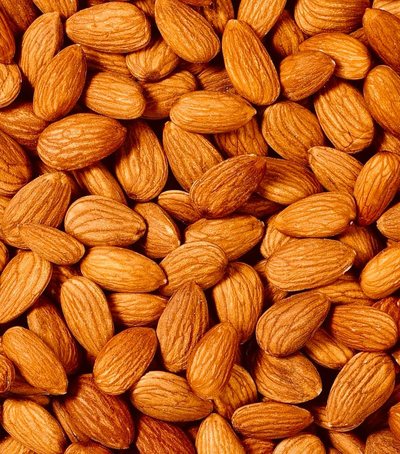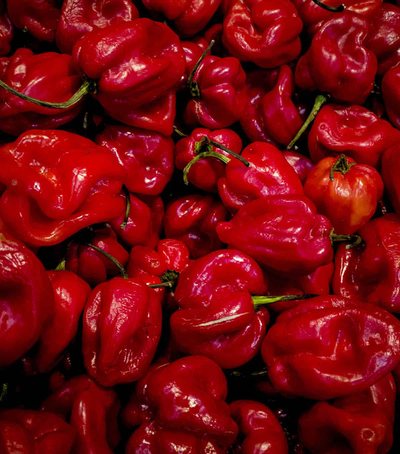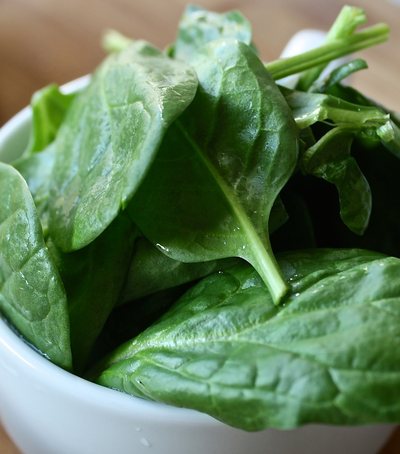
Bacteria are unavoidable in any food that people consume every day.
However, if man does not show care in the processing, cooking and storage of food, these bacteria can multiply to the extent that they cause various diseases.
Parasites, viruses, toxins and chemicals are also among the biggest food pollutants and the most common causes of diseases.
According to data from AgroWeb.org, one of the most common human problems with these bacteria is food poisoning.
Some of the symptoms of food poisoning are:
In area
The mixed
Stomach aches
Vomiting
Dehidratimi
FEVER
Dehydration due to food poisoning is also associated with:
Dizziness and loss of balance
fatigue
Excessive thirst
Food poisoning depends on the body, exposure to bacteria, age and health.
The groups most at risk of poisoning are:
The elderly
With age, the immune system does not respond quickly enough to infectious organisms.
Babies and infants
Their immune system is not yet fully developed, so they are more vulnerable to poisoning.
People with chronic diseases
People undergoing chemotherapy and those suffering from diabetes have a weaker immune system.
Pregnant women
Pregnancy alters the immune system and makes it difficult to fight infections that can affect not only the health of the mother but also the fetus.
What to do if you are poisoned by food
Drink fluids
Water is essential to prevent dehydration.
However, rapid drinking of fluids can worsen nausea and vomiting.
So drink small sips of water over several hours.
If you can, drink warm water, even in small sips.
Avoid taking anti-diarrheal medications
These medications slow down the elimination of organisms or toxins from the system, so they should be avoided.
Seek medical help if:
The vomiting continues for more than two days.
Diarrhea persists for several days.
The temperature rises above 38 degrees.
You have difficulty maintaining balance.
You feel confused and have severe stomach pains./AW/





